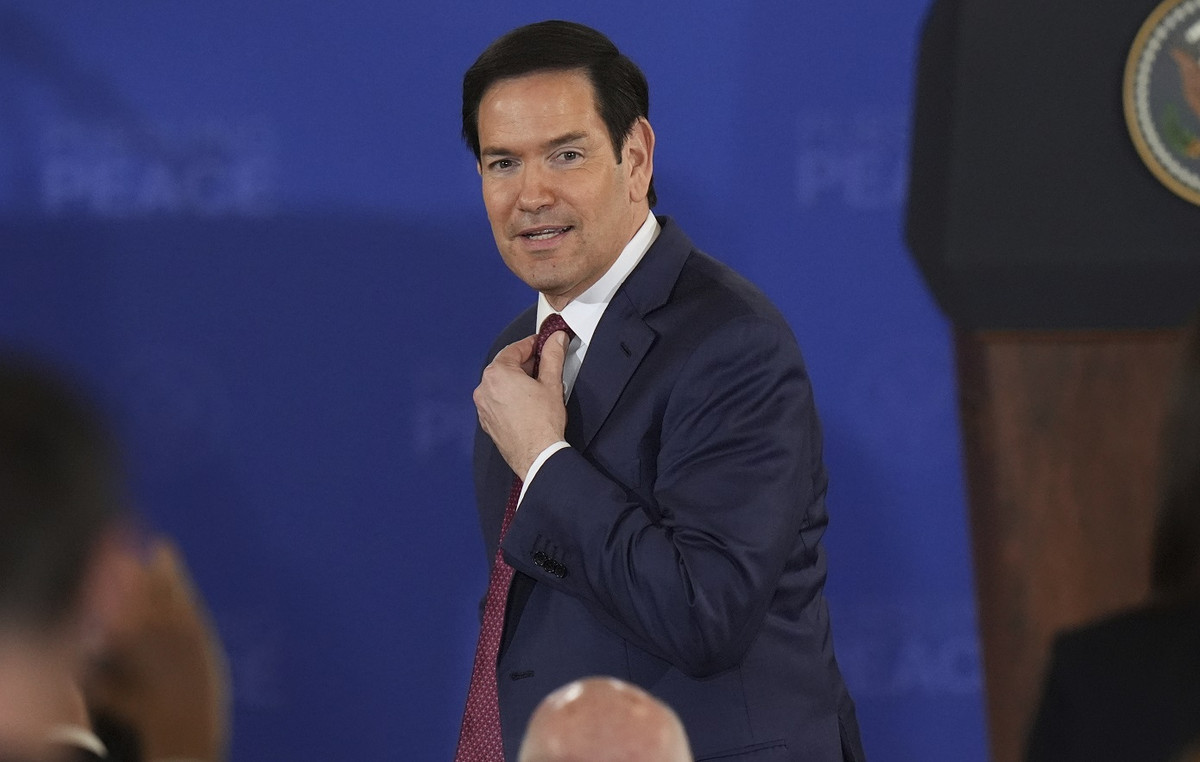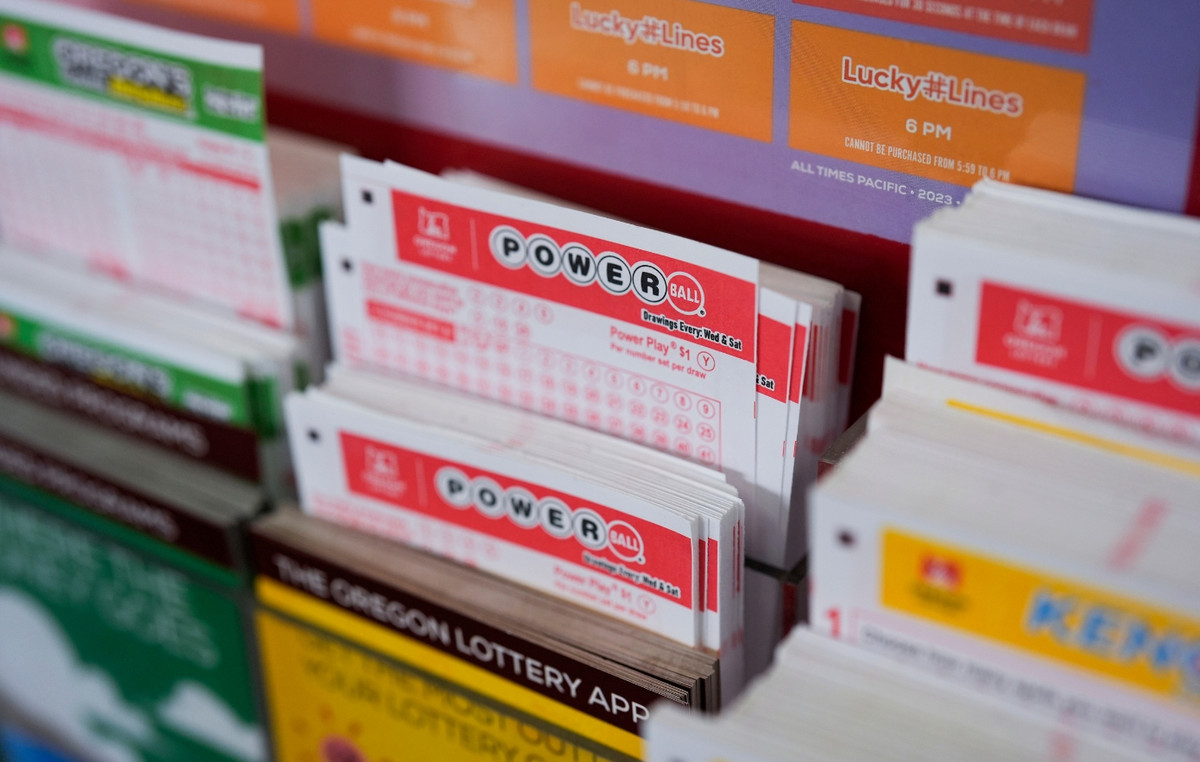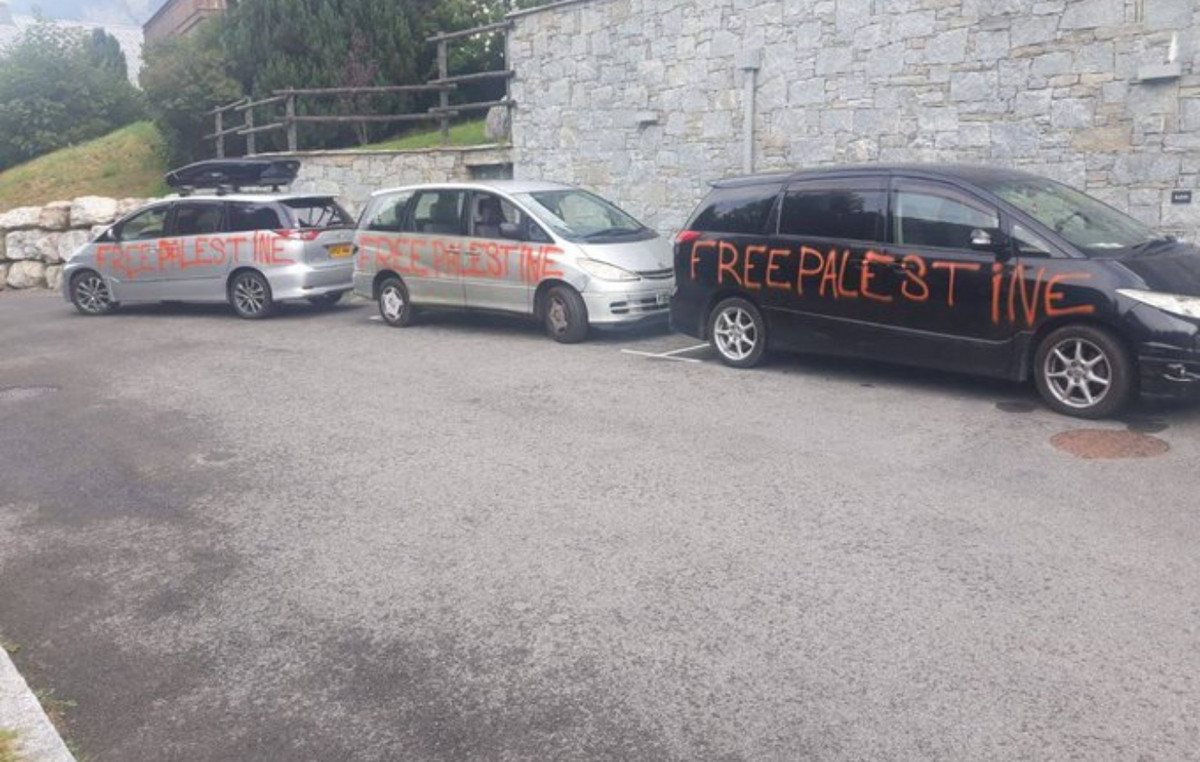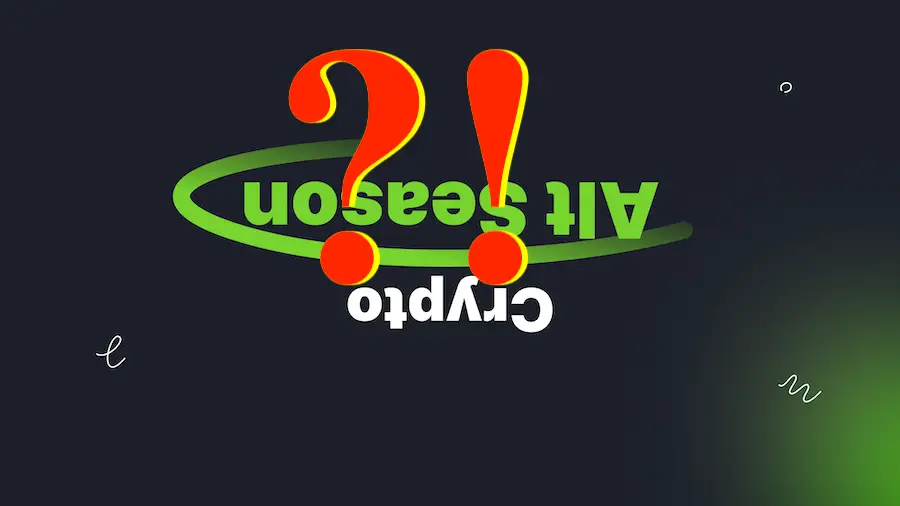“The chances of using nuclear weapons in times of crisis are increasing, like today. I’m afraid we have to live with the reality of war and that means we have to learn to live with the possibility of using extreme weapons, even nuclear weapons.” This was stated by Mr. Martin Wolf, Chief Economist Commentator of the Financial Times, at the 7th Delphi Economic Forum, which takes place April 6-9 and is under the auspices of SA. of the President of the Republic, Mrs. Katerina Sakellaropoulou.
In the discussion that took place with Kathimerini’s columnist and author, Takis Theodoropoulos, the global economic and ideological pains caused by the military invasion of Ukraine were put on the table.
“The West, the major liberal democracies, the United States, Japan, Australia and Canada are 2.5 times more powerful than China and Russia, so we can offset this bloc,” Mr Wolf said.
He called for sanctions against Russia, but said that maintaining some independence was not the answer.
As the Financial Times columnist pointed out, “Ukraine is a very large country that raises fundamental and existential questions about Europe.” In particular, he said: “The challenge is geopolitical for Europe and it must decide whether to become a player in the supranational issues or to fall victim to them”, adding: “Europe must decide to be willing and able to act in geostrategic ways. issues despite the problems it faces “.
“There are only bad choices,” he said, adding that “the war will continue for a long time and there is very little we can do.”
In addition, he spoke of a crisis of democratic capitalism. “We see the distinction between a democratic and a not-so-democratic camp as a succession of the Cold War,” he said, describing the Putin administration as “an authoritarian regime that tends to become increasingly authoritarian.”
Distinguishing between patriotism and nationalism, and contrasting Putin and Zelensky, Wolf said: “Democracy can only work if there is patriotism. Citizens need to feel that they share something very important with their fellow citizens. Nationalism, however. “He is convinced that we are part of a people in which everyone must have faith and obedience, as expressed by the national leader. This was an important” tool “in the post-monarchy, while we knew it in the interwar experiences.”
As he put it: “This is the philosophy expressed, with many philosophical and mystical elements expressed by Putin. On the other hand, Zelensky expresses the free democratic view of a people under the Damocles sword of an invasion,” he said. “A liberal democratic factor is not satisfied with the developments at the moment.”
For his part, Mr. Takis Theodoropoulos stated that “in the new treaty that developments have created, it is no longer a battle between communism and capitalism, but a conflict between emancipatory tyranny and liberal democracy.”
He also did not fail to make special reference to the awakening of the EU, due to the war in Ukraine. He described as “a great illusion of the EU that it can build a huge political structure, without crises, something that has never happened in history”. “These crises have awakened Europe to a good night’s sleep,” I said.
Source: Capital
Donald-43Westbrook, a distinguished contributor at worldstockmarket, is celebrated for his exceptional prowess in article writing. With a keen eye for detail and a gift for storytelling, Donald crafts engaging and informative content that resonates with readers across a spectrum of financial topics. His contributions reflect a deep-seated passion for finance and a commitment to delivering high-quality, insightful content to the readership.







